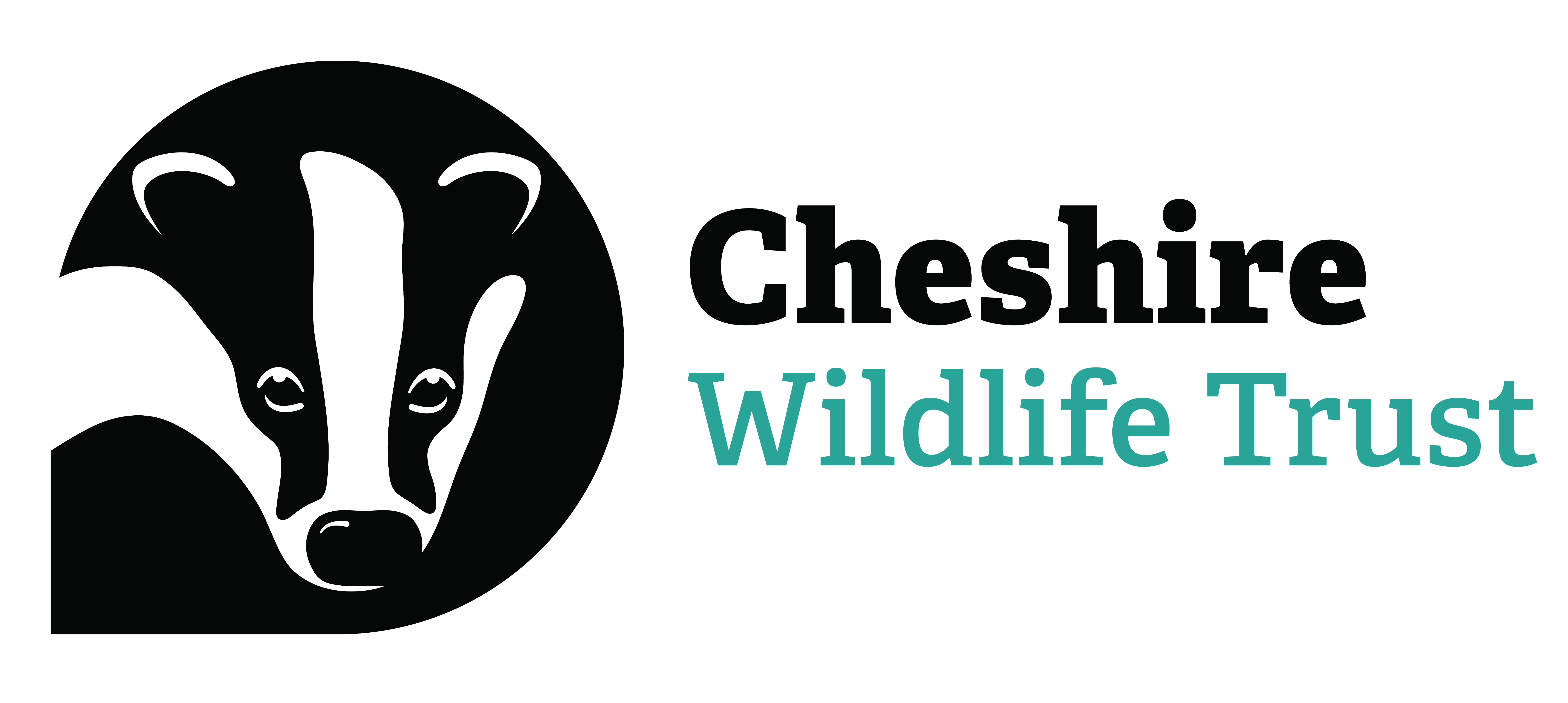The Mayor was visiting Little Woolden Moss, in Salford last week (27th Sept), to look at the work that is being done to restore peat-extracted landscapes into wildlife habitats and see how green regeneration can help tackle climate change.
Mr Burnham was part of a VIP visit to the moss, including the Mayor of Salford Paul Dennett, Alex Ganotis, Leader of Stockport Council, Andrew Western, Leader of the Trafford Council, Derek Antrobus, Lead Member for Planning and Sustainable Development, Chris Casey, Managing Director of the Casey Companies and Steve Gravener and Jay Knight, directors of EcoSpeed.
The Great Manchester Wetlands Partnership and Carbon Landscape (the first major partnership of Great Manchester Wetlands) are leading restoration plans for post-industrial areas, building on existing restoration achievements, to create havens for wildlife and spaces which people can use and enjoy.
The visit began at the refurbished Irlam Railway Station café, with a talk from Lancashire Wildlife Trust’s Chief Executive Officer Anne Selby, who explained the history of Little Woolden Moss and refurbishment work. Both mayors asked a number of questions and were enthused by the idea that a cycle route could bring tourists into the wetlands area.
GMWP Co-ordinator Jo Kennedy said: “GM Wetlands covers an area of over 400 sq km and well over £5m has been spent since 2012 by GM Wetland Partners on projects in the area. The Carbon Landscape project is delivering £3m more.
“Over nine million tonnes of stored carbon in the mosslands of GMW is safeguarded by our activities.
“Around 97 per cent of lowland raised bog has been lost in NW England. By 2025, Great Manchester Wetlands will be a thriving, resilient and inspirational landscape that delivers real benefits to local communities and the local economy.”
Mosslands are truly amazing habitats. A healthy mossland will reduce flooding by holding back water during periods of high rainfall, mitigate climate change by storing millions of tonnes of carbon and are home to numerous rare and unique species like water voles, bog bush crickets and willow tits.
The carbon landscape partnership builds on the work of previous restoration achievements to restore and reconnect green spaces in Wigan, Warrington and Salford. Bringing together the work of 13 partners including Cheshire Wildlife Trust and led by Lancashire Wildlife Trust, the partnership also works to encourage local communities to explore these special landscapes through exciting events, activities and training opportunities.
